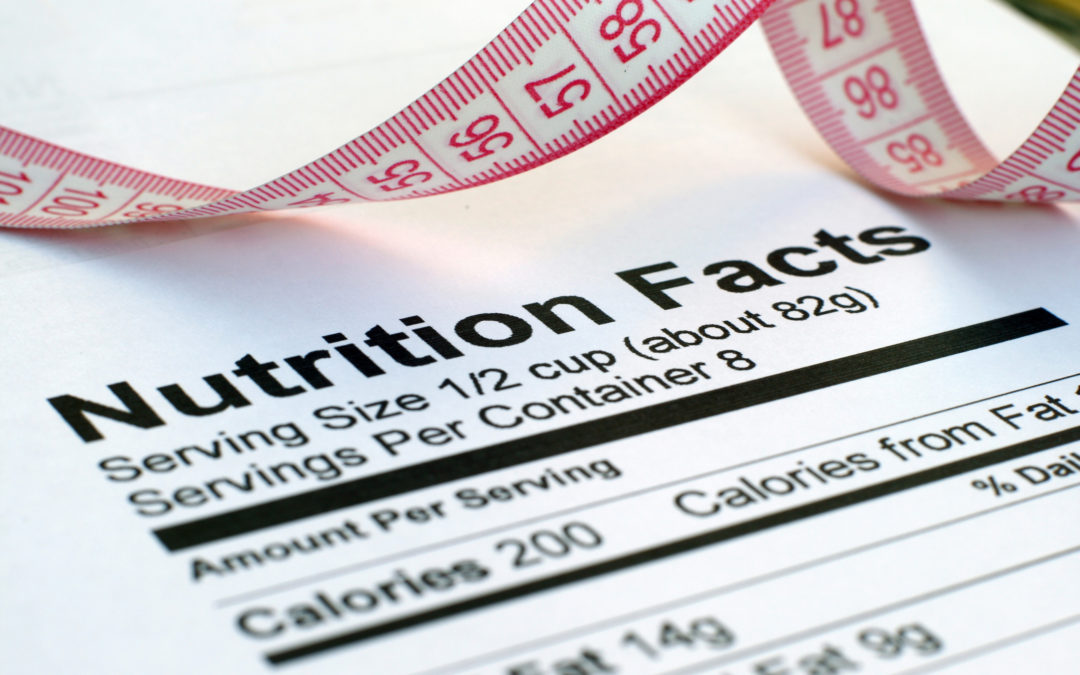We have all walked through the grocery store to be hit with all sorts of colorful labels that call out “healthy,” “organic,” “low calorie,” or “low fat.” How many of us have picked up the products that catch our eye, read the label, then decide to buy it based on what it says on that label? Let’s examine the effects of food labeling on the consumer. Labels have a big impact on how we as consumers do our shopping. But how much of an effect do they really have on our buying choices?
Recent research published in the American Journal of Preventive Medicine shows that product food labeling reduced people’s intake of calories by 6.6%, total fat by 10.6%, and other unhealthy food choices by 13%. It also helped increase vegetable consumption by 13.5%.
Food Choices
A variety of factors influence food choices in the United States. Ultimately, consumers should become dedicated to using nutrition information to promote a healthy lifestyle. They are, after all, the ones in charge of their health.
But clearly, companies that encourage people to make health-conscious consumer choices with appropriate and accurate labels on food packaging are having a positive impact. This can also be said for calorie counts on restaurant menus.
Increased consumer awareness helps everybody assess the effects and the effectiveness of food labeling before they reach the point of purchase.
That’s why it’s critical to understand the basics of nutrition-facts panels and nutrition-facts labeling in general. This includes becoming informed about the effects of labels and how they can inform us about total calories, trans fat and sodium amounts, added sugars, and more.
Weight Loss Surgery
If you have recently undergone weight loss surgery, you know how important your food intake decisions are. Initially, after surgery, your main goal will be to meet your protein and fluid needs from a strict liquid protein diet.
As your body heals and you transition into solid foods, you will need to work with one of our dietitians at WeightWise to help you come up with a healthy eating plan. They can even educate you about reading food labels if this is something you are uncomfortable with.
Making good food choices and integrating a well-balanced diet into your daily regime will help you lose pounds after bariatric surgery. These practices will help you maintain a healthy weight for the rest of your life. If you don’t make healthy eating a priority after surgery, you risk putting on the weight again and having to start over.
We love helping people experience the transformation that comes with weight loss and a new outlook in life. If you are considering bariatric surgery, contact our team at WeightWise to see if you are a candidate.

